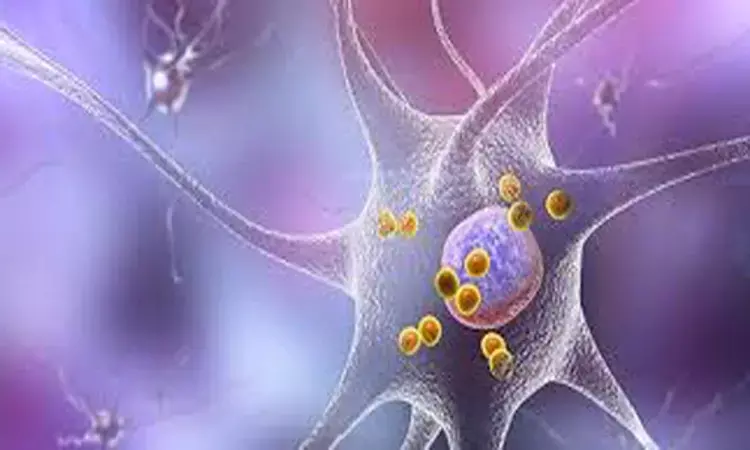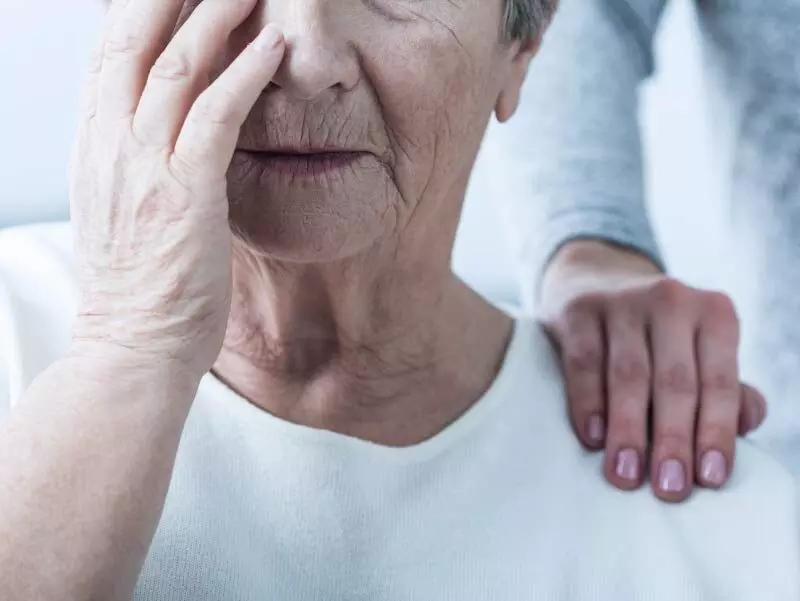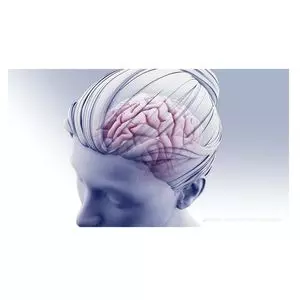- Home
- Medical news & Guidelines
- Anesthesiology
- Cardiology and CTVS
- Critical Care
- Dentistry
- Dermatology
- Diabetes and Endocrinology
- ENT
- Gastroenterology
- Medicine
- Nephrology
- Neurology
- Obstretics-Gynaecology
- Oncology
- Ophthalmology
- Orthopaedics
- Pediatrics-Neonatology
- Psychiatry
- Pulmonology
- Radiology
- Surgery
- Urology
- Laboratory Medicine
- Diet
- Nursing
- Paramedical
- Physiotherapy
- Health news
- Fact Check
- Bone Health Fact Check
- Brain Health Fact Check
- Cancer Related Fact Check
- Child Care Fact Check
- Dental and oral health fact check
- Diabetes and metabolic health fact check
- Diet and Nutrition Fact Check
- Eye and ENT Care Fact Check
- Fitness fact check
- Gut health fact check
- Heart health fact check
- Kidney health fact check
- Medical education fact check
- Men's health fact check
- Respiratory fact check
- Skin and hair care fact check
- Vaccine and Immunization fact check
- Women's health fact check
- AYUSH
- State News
- Andaman and Nicobar Islands
- Andhra Pradesh
- Arunachal Pradesh
- Assam
- Bihar
- Chandigarh
- Chattisgarh
- Dadra and Nagar Haveli
- Daman and Diu
- Delhi
- Goa
- Gujarat
- Haryana
- Himachal Pradesh
- Jammu & Kashmir
- Jharkhand
- Karnataka
- Kerala
- Ladakh
- Lakshadweep
- Madhya Pradesh
- Maharashtra
- Manipur
- Meghalaya
- Mizoram
- Nagaland
- Odisha
- Puducherry
- Punjab
- Rajasthan
- Sikkim
- Tamil Nadu
- Telangana
- Tripura
- Uttar Pradesh
- Uttrakhand
- West Bengal
- Medical Education
- Industry
DCGI nod to new device-aided therapy for Parkinson's disease

Hyderabad:In a development, the Drug Controller General of India (DCGI) has granted approval for a new device-aided therapy for Parkinson's disease.
The Drug Controller General of India (DCGI) has approved Celera Pharma Private Limited of Hyderabad and EVER Neuro Pharma of Germany for a new device-aided therapy for Parkinson's disease, TOI reports.
The daily recently reported that a research article published by London-based researchers and doctors from Nizam's Institute of Medical Sciences (NIMS) found that in advanced Parkinson's disease, personalised treatment might be achieved using device-assisted therapy and wearable sensors.
Parkinson's disease (PD) is a long-term central nervous system degenerative illness that primarily affects the motor system. The symptoms normally appear gradually, and non-motor symptoms become more common as the disease progresses. Tremor, rigidity, slowness of movement, and trouble walking are the most noticeable early symptoms. The disease's motor symptoms are caused by the death of cells in the substantia nigra, an area of the midbrain that leads to a dopamine deficit. The origin of this cell death is unknown, but it is thought to entail the build-up of misfolded proteins in the neurons called Lewy bodies.
One of the lead researchers, Dr. Vinod Metta, told TOI that Parkinson's disease is a movement disorder affecting about 12 lakh people in India. Currently, only oral medications are available in India, and they are not effective in treating the symptoms.
Further, he went on to say that oral medications are helpful in the initial years, but as the patient ages, their disease progresses, leaving them crippled and compromising their quality of life. Technology-driven device-aided therapy with apomorphine medicine given as subcutaneous injections and pumps has been a proven therapy for advanced stages of Parkinson's disease and been successfully used in the West.
Apomorphine is a non-ergoline dopamine D2 agonist indicated to treat hypomobility associated with Parkinson's. It was first synthesised in 1845 and first used in Parkinson's disease in 1884. Apomorphine has also been investigated as an emetic, a sedative, a treatment for alcoholism, and a treatment of other movement disorders. Apomorphine was granted FDA approval on 20 April 2004.
Vinod Metta further said that Apomorphine is also administered using devices as an intermittent or continuous infusion therapy. Intermittent therapy is delivered using a pen device similar to that of an insulin pen. Continuous therapy is delivered using a pump which is similar to an insulin infusion pump.
In addition, the researchers said that Apo pen injections work within 6-10 minutes and last for 90 minutes.
Furthermore, it was mentioned that these can be used as rescue injections, whereas the Apo pump with continuous infusion is able to help patients as long as the infusion is in place. Ideally, most of the patients were given wakeful hours so that they do not need to keep pumping overnight.


